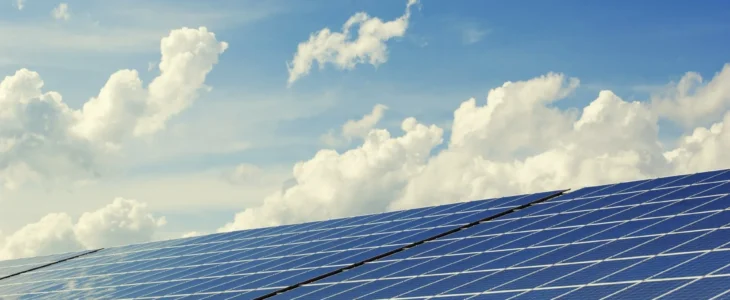Solar panels come to mind as we ease into summer when it is still a little light out at 9 PM. Many older homeowners take advantage of leased solar panels and the energy bill savings they provide. But those solar panels can present challenges when those homeowners want to apply for a mortgage or sell the property.
The lease or contract between the homeowner and the solar panel company is called a power purchase agreement (PPA). Typically, the PPA contains a provision granting the solar company discretion over the terms of the property’s sale or conveyance. Sometimes the solar company has the power to void a sale or block a particular buyer if that buyer does not meet certain thresholds deemed “acceptable” to the solar company. Other times the seller must obtain the solar company’s consent to sell the property.
The Federal Housing Administration prohibits any restrictions in the PPA that prevent the homeowner from freely conveying the property to anybody else. Any PPA terms that attempt to impose such restrictions must be stricken from the PPA before the property can be considered an “eligible property” for the purpose of obtaining a mortgage. Solar companies know this but they do not publicize it.
When a mortgage applicant has leased solar panels, the lender needs a copy of the entire PPA to review. The lender’s legal department contacts the solar company’s legal department and the attorneys arrange to have the offending language stricken from the PPA. This process can take up to a few weeks to complete so it is important to begin it as early on in the application process as possible.
Next, any UCC filing that appears on the subject property’s title must be extinguished at the time the mortgage closes. The lender or the lender’s closing attorney will contact the solar company to arrange to have the filing discharged. Some solar companies charge the homeowner a fee to complete this task. That fee can be a couple hundred dollars and cannot be financed by the lender.
Finally, a few words about appraisals. Some homeowners believe that their leased solar panels will increase their home’s value on an appraisal by tens of thousands of dollars. This usually is not the case though it is theoretically possible. An appraiser will not automatically increase a home’s value because of the existence of solar panels. But if an appraiser can point to recent comparable sales in the same community that fetched a higher price as a direct result of having solar panels, and the appraiser can quantify how much additional value was attributable to the panels, then the appraiser is free to increase a home’s valuation because of leased solar panels.

